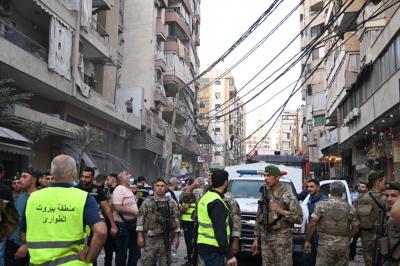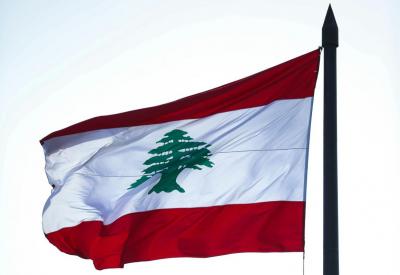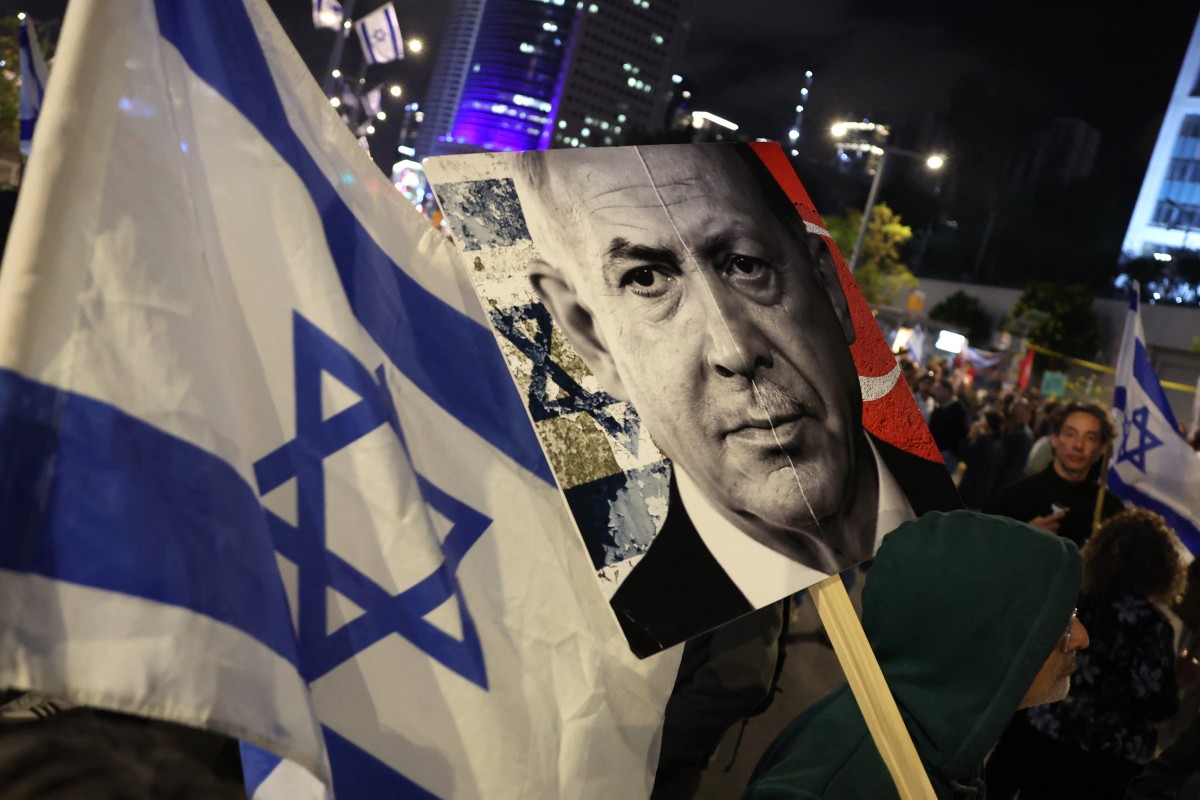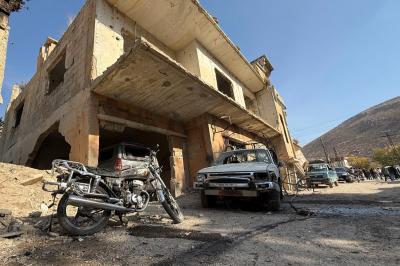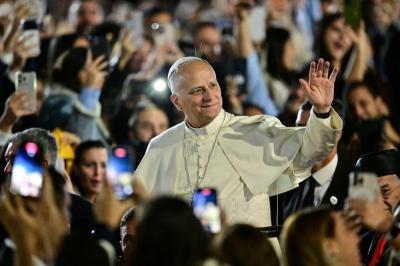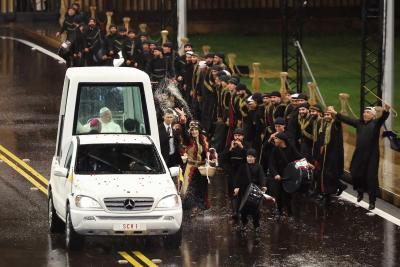Turkey and Israel have once again engaged in "coordination" talks in Azerbaijan since Wednesday. The initial results do not appear to be very positive, according to spokespersons for both sides. Although Israel and Turkey are not in direct military conflict in Syria, their interests diverge, particularly regarding Iran, Kurdish groups, and regional influence. These differences create underlying tensions. Turkey opposes Israeli strikes in Syria, while Israel views Turkey's alliances with Hamas and its Syrian policy as problematic. The situation remains volatile, which is undoubtedly the reason behind this latest round of negotiations.
The Israeli-Turkish conflict in Syria is part of a broader geopolitical struggle involving regional influence, security concerns, and competing alliances. To date, the two countries have not engaged in military confrontation. However, military operations continue, with Israel maintaining its campaign against Iran and Hezbollah in Syria, while Turkey maintains a military presence in northern Syria, primarily focused on Kurdish groups. The two countries therefore avoid open conflict but remain on opposing sides in the proxy wars in Syria. In recent years, talks between Turkey and Israel have aimed to normalize relations after a long period of tension. Despite slight progress, major disagreements, particularly regarding Palestine, Syria, and regional alliances, remain unresolved. Since 2022-2024, after years of strained relations (since the Mavi Marmara incident in 2010 and Turkey's support for Hamas), the two countries have taken steps to restore their relations. In August 2022, they fully restored diplomatic relations, including the reappointment of their ambassadors. This initiative was followed by high-level visits, including Israeli President Isaac Herzog's visit to Ankara and talks with Turkish Foreign Minister Hakan Fidan in Israel.
The two countries also established trade and energy cooperation: The two sides explored the possibility of exporting natural gas from Israel to Europe via Turkey, but no major agreement was finalized. Cooperation even reached the security level with intelligence sharing; however, there was limited cooperation in the fight against terrorism, particularly regarding threats from Iran and Kurdish militant groups.
Another level of cooperation involved tourism and economic ties: direct flights resumed and bilateral trade increased (reaching $9.5 billion in 2023).
However, Turkey consistently refused to sever ties with Hamas, but pledged to prevent the group from launching attacks from its territory. In this context, and despite this partial restoration of normal relations, disagreement persists over Israeli airstrikes in Syria. Turkey has consistently criticized Israel's repeated attacks against Iranian targets and Hezbollah in Syria, calling them violations of sovereignty. Another area of contention is the Kurdish issue: Turkey remains suspicious of Israel's past ties with Syrian Kurdish groups. Add to this the Gaza War (2023-2024): Following the Hamas attacks on October 7, Turkey strongly condemned the Israeli military campaign, triggering a new diplomatic freeze.
Are we facing a war of interests or are we witnessing a fratricidal conflict simmering beneath the ashes? Currently, diplomatic relations remain intact, but tensions remain high due to the Gaza War. No major military clashes have been reported in Syria, but policies remain contradictory: Israel continues to strike Iranian proxies in Syria, Turkey maintains its military presence in northern Syria (against Kurdish forces) but avoids any direct conflict with Israel.
Friends or enemies? The question remains. Their divergent interests in Syria prevent a complete alignment. The Gaza war has slowed normalization, but economic and security cooperation remains a stabilizing factor. For now, the two countries are avoiding any direct confrontation on Syrian territory, but remain opposed in the regional power struggle.
The outcome of the talks in Azerbaijan could soon provide a clearer picture of the relationship between these two countries, both allies and enemies, and whose policy in Syrian territory could play a crucial role in the future of this country, currently dismantled and under the command of a de facto government established by the Islamist group HTC (Hay'at Tahrir al Cham) led by Ahmad Hussein al-Sharaa (Al Jolani).
Please post your comments on:
[email protected]
 Politics
Politics
